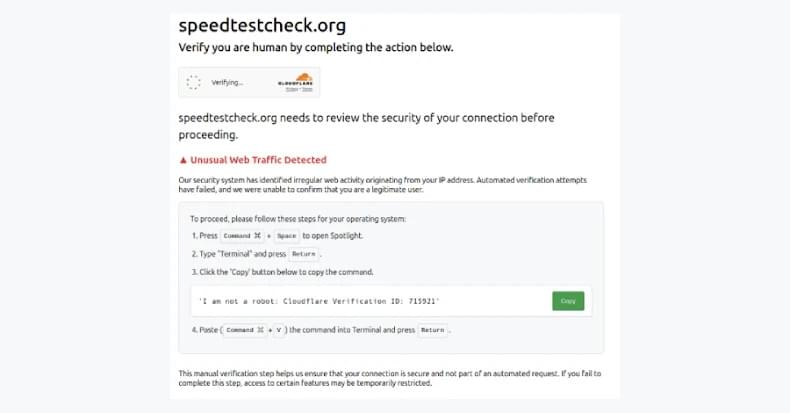Rust-based ChaosBot exploits Discord and phishing to infiltrate networks, while Chaos-C++ adds data destruction.




A large-scale botnet is targeting Remote Desktop Protocol (RDP) services in the United States from more than 100,000 IP addresses.
The campaign started on October 8 and based on the source of the IPs, researchers believe the attacks are launched by a multi-country botnet.
RDP is a network protocol that enables remote connection and control of Windows systems. It is typically used by administrators, helpdesk staff, and remote workers.

Widely available artificial intelligence systems can be used to deliberately insert hard-to-detect security vulnerabilities into the code that defines computer chips, according to new research from the NYU Tandon School of Engineering, a warning about the potential weaponization of AI in hardware design.
In a study published by IEEE Security & Privacy, an NYU Tandon research team showed that large language models like ChatGPT could help both novices and experts create “hardware Trojans,” malicious modifications hidden within chip designs that can leak sensitive information, disable systems or grant unauthorized access to attackers.
To test whether AI could facilitate malicious hardware modifications, the researchers organized a competition over two years called the AI Hardware Attack Challenge as part of CSAW, an annual student-run cybersecurity event held by the NYU Center for Cybersecurity.


A new Android spyware called ClayRat is luring potential victims by posing as popular apps and services like WhatsApp, Google Photos, TikTok, and YouTube.
The malware is targeting Russian users through Telegram channels and malicious websites that appear legitimate. It can steal SMS meessages call logs, notifications, take pictures, and even make phone calls.
Malware researchers at mobile security company Zimperium say that they documented more than 600 samples and 50 distinct droppers over the past three months, indicating an active effort from the attacker to amplify the operation.

A cybercrime gang tracked as Storm-2657 has been targeting university employees in the United States to hijack salary payments in “pirate payroll” attacks since March 2025.
Microsoft Threat Intelligence analysts who spotted this campaign found that the threat actors are targeting Workday accounts; however, other third-party human resources (HR) software-as-a-service (SaaS) platforms could also be at risk.
“We’ve observed 11 successfully compromised accounts at three universities that were used to send phishing emails to nearly 6,000 email accounts across 25 universities,” Microsoft said in a Thursday report.


A new variant of the FileFix social engineering attack uses cache smuggling to secretly download a malicious ZIP archive onto a victim’s system and bypassing security software.
The new phishing and social engineering attack impersonates a “Fortinet VPN Compliance Checker” and was first spotted by cybersecurity researcher P4nd3m1cb0y, who shared information about it on X.
In a new report by cybersecurity firm Expel, cybersecurity researcher Marcus Hutchins shares more details on how this attack works.

Nowadays data breaches aren’t rare shocks—they’re a weekly drumbeat. From leaked customer records to stolen source code, our digital lives keep spilling into the open.
Git services are especially vulnerable to cybersecurity threats. These are online hosting platforms that are widely used in the IT industry to collaboratively develop software, and are home to most of the world’s computer code.
Just last week, hackers reportedly stole about 570 gigabytes of data from a git service called GitLab. The stolen data was associated with major companies such as IBM and Siemens, as well as United States government organizations.